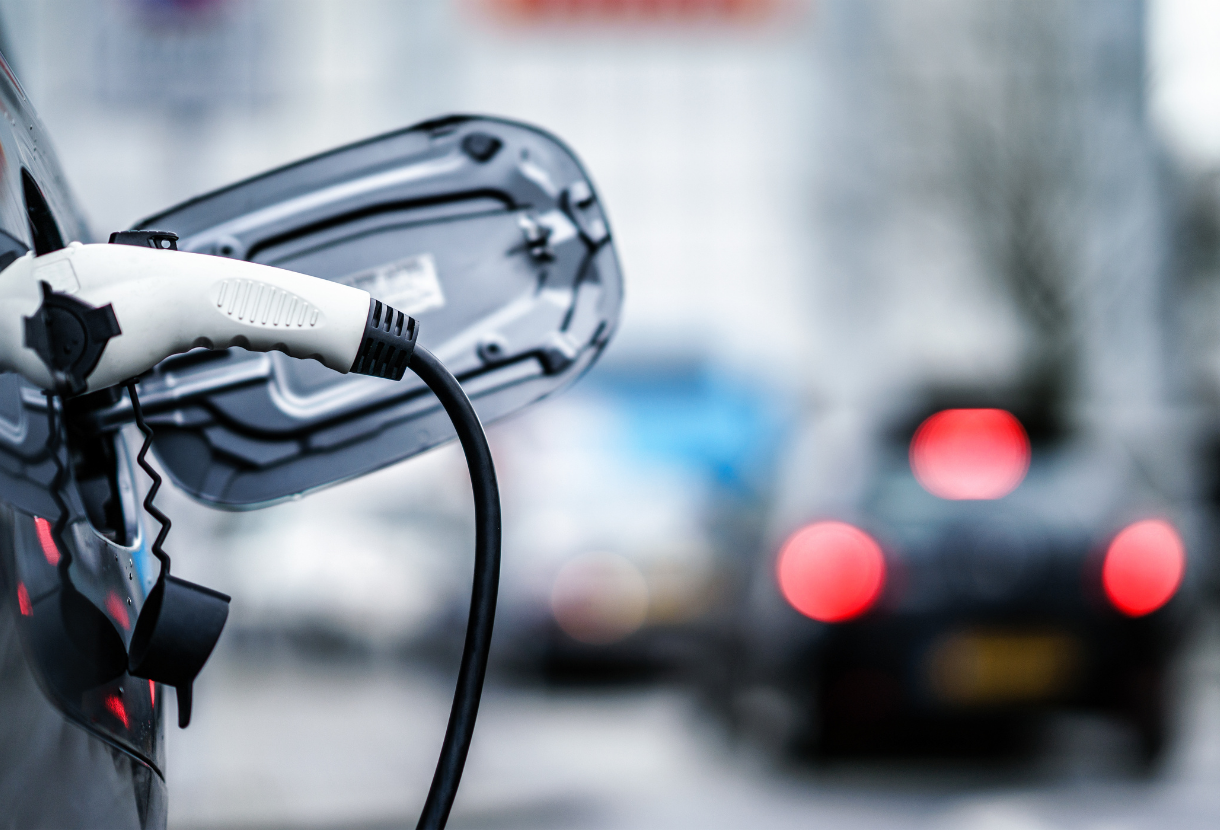Electric vehicles (EVs) have become a transformative force in the U.S. transportation landscape. Factors like environmental consciousness, technological advancements, and government incentives have fueled their significant rise.
Amidst this surge, prominent automakers are committing to producing electric models, offering consumers a wider array of choices and boosting market growth.
However, a critical challenge remains the establishment of an efficient charging infrastructure. Efforts by both public and private sectors aim to expand charging networks nationwide, alleviating range anxiety and enhancing EV ownership convenience.
Both federal and state governments have implemented incentives and policies to promote EV adoption, including tax credits and initiatives supporting infrastructure development.
EVs bring numerous advantages, such as lower operational costs, reduced environmental impact, and smoother driving experiences. Despite this, challenges like high initial purchase prices and limited charging infrastructure still influence consumer decisions.
Continuous innovations in battery technology and the introduction of more affordable EV models suggest a promising future. These advancements signal increased market penetration for electric vehicles in the coming years.
In conclusion, EVs are crucial for reducing carbon emissions and fostering a sustainable transportation future in the United States. The nation’s adoption of cleaner mobility solutions heralds a promising era of environmentally conscious transportation.


